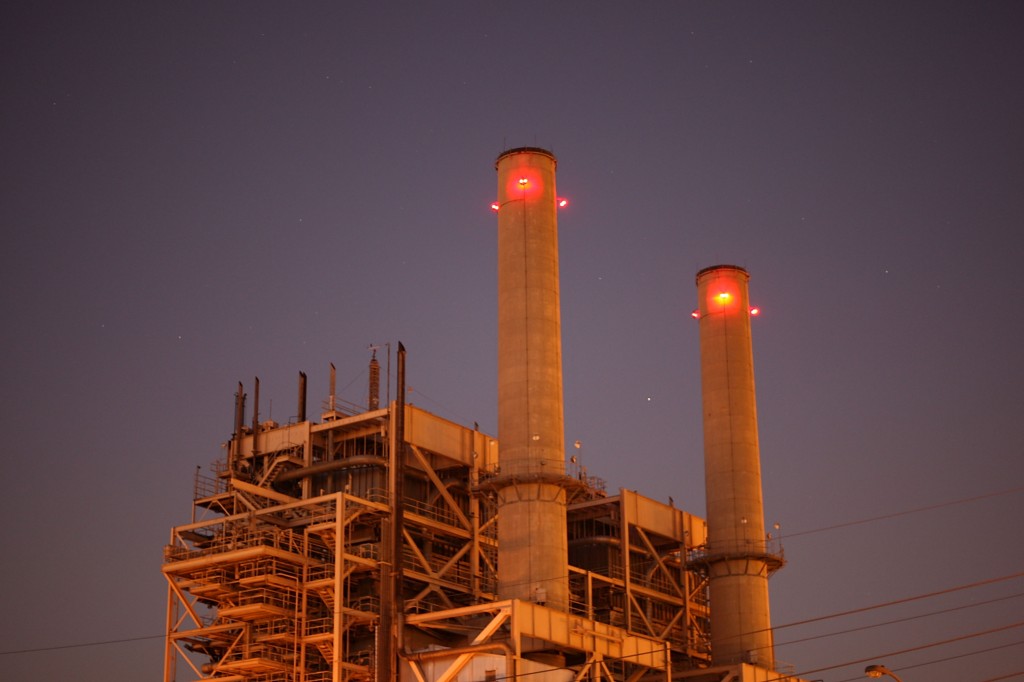The Environmental Protection Agency unveiled its proposal for Clean Air Act standards to limit carbon dioxide emissions from new power plants on Friday. The agency also announced that it has begun coordinating with state and local governments, industries and non-profit organizations to establish carbon dioxide emissions standards for existing power plants.
“Power plants are the largest concentrated source of emissions in the United States, together accounting for roughly one-third of all domestic greenhouse gas emissions,” said the EPA in a statement.
The proposal – which critics are calling a “War on Coal” – seeks to mandate that new coal-fired units emit no more than 1,100 pounds of carbon dioxide per megawatt hour, with an option to adhere to a stricter limit if they meet this requirement by averaging out emissions over multiple years. That option is designed to “giv[e] those units additional operational flexibility”, the EPA said.
The proposed standards would also require that new large natural gas-fired turbines emit 1,000 pounds or less of carbon dioxide per megawatt hour, with a 1,100-pound per mWh limit for new smaller natural gas-fired plants.
Below are some reactions from industry and environmental groups. Unsurprisingly, environmental groups are pleased, and coal industry groups are pointing to potential detrimental impacts on power prices and carbon capture and sequestration research and development. But while these proposed rules would have a clear impact on US natural gas markets, organizations representing natural gas producers, such as the American Petroleum Institute, the Independent Petroleum Association of America, and America’s Natural Gas Alliance, had little to say. Some commenters pointed out that there is currently not much financial incentive to invest in new coal-fired power generation anyway.
Natural Resources Defense Council President Frances Beinecke:
“It signals that we’re moving, as a country, to the clean energy solutions we need.”
Edison Electric Institute President Tom Kuhn:
“The new proposal sets a separate standard for coal-based units and requires the use of carbon capture and storage (CCS) technology, which is neither adequately demonstrated nor economically feasible. As proposed, this rule would hinder efforts to develop cost-effective CCS—a critical technology for mitigating greenhouse gas emissions going forward—because it effectively prevents the building of new clean coal plants. We cannot afford to take generation sources out of the mix, as fuel diversity guards against potential supply disruptions and is key to affordable and reliable electricity.”
Sierra Club Executive Director Michael Brune:
“The EPA’s proposed carbon pollution protections today show that President Obama is serious about fighting climate disruption.”
World Resources Institute Director of US Climate Initiative Kevin Kennedy:
“While the new standards are relatively stringent, they provide power plants with options for compliance, including phasing in carbon capture and storage. While not yet used on a wide scale, CCS is technically feasible and could be further deployed under the right conditions.
“Furthermore, it is clear that market dynamics, including the emergence of low-price natural gas, have been driving U.S. power suppliers away from coal production.”
American Coalition for Clean Coal Electricity President and CEO Robert M. Duncan:
“Fewer energy choices could cause American consumers to pay the ultimate price of higher energy bills.”
“Ironically, the EPA’s proposal could actually do long-term harm to the environment. By stopping the development of new coal plants, the EPA is halting the development of carbon capture and storage (CCS) technologies.”
American Coal Council:
“This is a level that cannot be met given current technology. Thus, the practical effect of such a rule would be to stop the construction of any future coal-fueled generation capacity in the U.S.
“Unfortunately, the proposed rule will also stymie future research into clean coal technologies and/or carbon capture utilization and storage.”
Stern Agee analyst Michael Dudas:
“We believe the latest proposal would most likely be litigated once it becomes final.”
“The market has already discounted the view, for a while, that no new coal plants would be built during this decade as no electric utility companies would step up to build a new coal unit when they would not be sure how much to spend (and when) to meet this requirement.”

